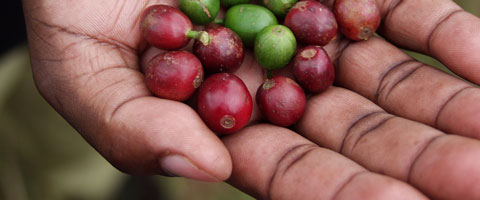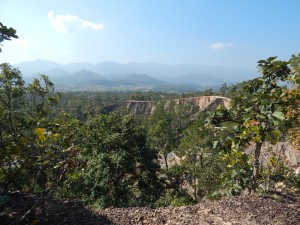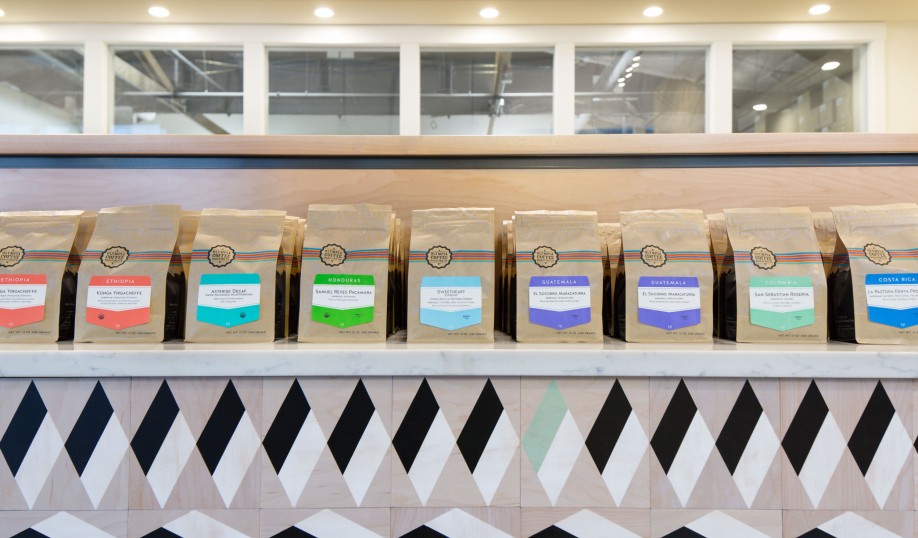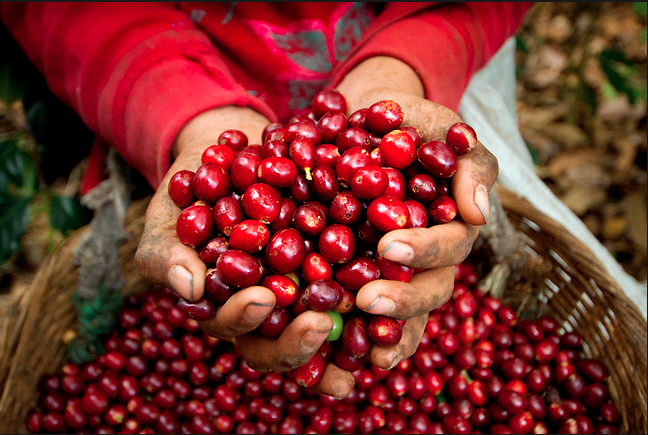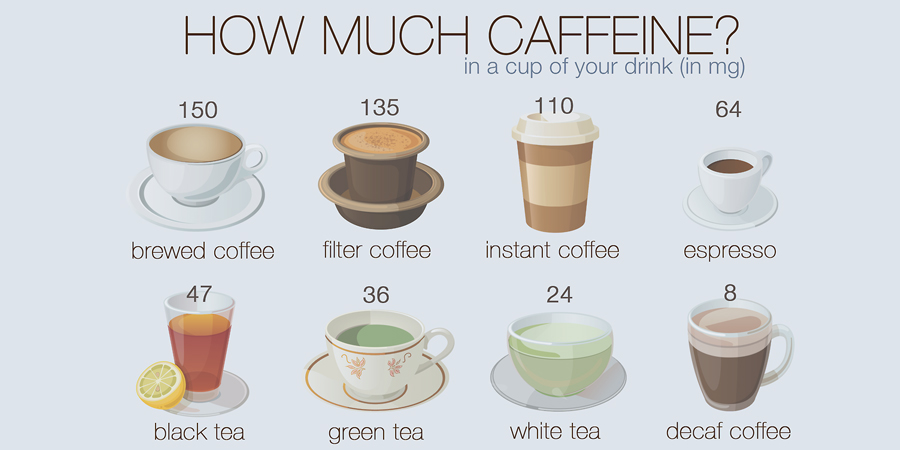Olympia Specialty Coffee industry
Terroir plays a central role in the specialty coffee industry. First and foremost, since coffee is not grown in temperate climates, it is grown in tropical climates and at very high elevation, its origin is a major selling point. Coffee is typically sold around $5 – $8 per pound in the grocery store. Both Batdorf and Bronson and Olympia Coffee Roasting Company sell their coffee at about twice that, between $12 and $19 per pound. Origin and flavour profile are paramount in elevating the coffee to a position of artisanal esteem, stripping away the attitudes associating coffee with the working class breakfast or a commercial energy drink.
Locale is in many ways just as important as origin. The fact that both of these companies are local companies, without corporate headquarters, or branches across the world speaks to the customers. Small batch and small quantity make quality seem even more important, as high quantity is associated with factories and an impersonal feeling.
As important as the descriptions of origin are so is the media showing the regions, the farms, and the farmers. Showing consumers that the coffee company cares about the farmer’s livelihoods, whether through fair or direct trade, makes them feel as though they are participating in something positive, and placates the conscientious consumer of their role in trading with developing nations, however precarious it may be. This artisanal focus on quality and flavour complexity coupled with a pledge to pay higher prices to farmers places the businessman at a moral high ground and justifying or explaining the higher cost to consumers.
Post Assigned to: Mikko
Post Written by: Mikko with the help of coffee.
Post Edited by: Mikko, when the coffee wears off…
